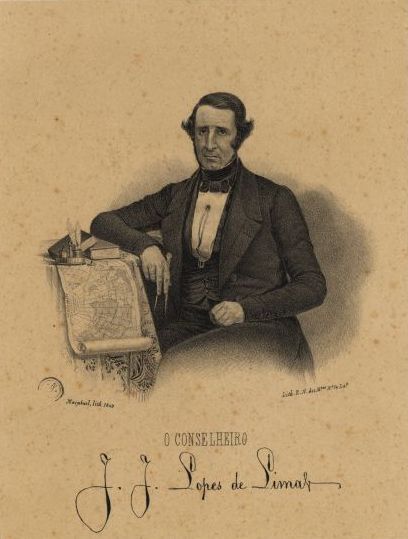Xenddi on:
[Wikipedia]
[Google]
[Amazon]
 Xenddi, sometimes spelled as Xendi, was a discriminatory religious tax imposed on the resident
Xenddi, sometimes spelled as Xendi, was a discriminatory religious tax imposed on the resident
 Xenddi, sometimes spelled as Xendi, was a discriminatory religious tax imposed on the resident
Xenddi, sometimes spelled as Xendi, was a discriminatory religious tax imposed on the resident Hindu
Hindus (; ) are people who religiously adhere to Hinduism. Jeffery D. Long (2007), A Vision for Hinduism, IB Tauris, , pages 35–37 Historically, the term has also been used as a geographical, cultural, and later religious identifier for ...
minority by the colonial era Portuguese
Portuguese may refer to:
* anything of, from, or related to the country and nation of Portugal
** Portuguese cuisine, traditional foods
** Portuguese language, a Romance language
*** Portuguese dialects, variants of the Portuguese language
** Portu ...
Christian government in Goa, Daman and Diu
Goa, Daman and Diu (, ) was a union territory of the Republic of India established in 1961 following the annexation of Portuguese India, with Maj Gen K P Candeth as its first Military Governor. The Goa portion of the territory was granted fu ...
in 1704 and expanded to all of Portuguese colonies in the Indian subcontinent by 1705. It was similar to the discriminatory Jizya religious tax imposed on Hindus by Muslim rulers in the region.
The term ''Xenddi'' also spelled ''Xendim'' or ''Xendy'' meant " hair tuft", a term for the top-knot hair style of Hindus, was likely derived from the Konkani word for the same. The Xenddi tax on the Hindu artisans and merchants was higher than on the Hindu peasants in Portuguese colonies in India. The Xenddi tax was not payable by those who converted from Hinduism to Christianity.
Over 90% of the Goans
Goans ( kok, गोंयकार, Romi Konkani: , pt, Goeses) is the demonym used to describe the people native to Goa, India, who form an ethno-linguistic group resulting from the assimilation of Indo-Aryan, Dravidian, Indo-Portuguese, and ...
in the Velhas Conquistas {{Unreferenced, date=November 2008
''As Velhas Conquistas'' or "the Old Conquests" are a grouping of the areas in Goa which were incorporated into Portuguese India early in the sixteenth century AD; as these areas underwent urbanisation they were ...
were Catholic in the early 1700s. In its initial formulation, the tax was introduced with the pretext that Hindus did not own any land in Goa and only the Catholics did. Land revenues were paid by the Goan Catholics
Goan Catholics ( gom, Goenchem Katholik) are an ethno-religious community of Indian Christians following the Roman Rite of worship from the Goa state, in the southern part of the Konkan region along the west coast of India. They are Konkan ...
in Goa, and the regional Church argued that Xenddi tax would make Hindus pay their fair share. The tax and the tax rate on Hindus evolved to be an abusive form of religious discrimination. The tax was oppressive and arbitrary, its collection based on severe extortions and abuses, according to Teotonio de Souza.
According to Rene Berendse, the Xenddi tax was considered to be an example of religious intolerance by the neighboring Maratha Empire
The Maratha Empire, also referred to as the Maratha Confederacy, was an early modern Indian confederation that came to dominate much of the Indian subcontinent in the 18th century. Maratha rule formally began in 1674 with the coronation of Sh ...
, and its local military leader Govind Das Pant requested the abolition of the discriminatory tax against the Hindus as a condition for a mutual armistice agreement. The Goan government refused, stating that the Xenddi tax was a matter of the Church, in which the Portuguese state cannot interfere. The Xenddi tax was finally abolished in 1840, with José Joaquim Lopes de Lima – the Governor General of Goa – declaring it to be "cruel, hateful tribute and ridiculous capitation tax" on Hindus.
References
{{DEFAULTSORT:Persecution Of Hindus